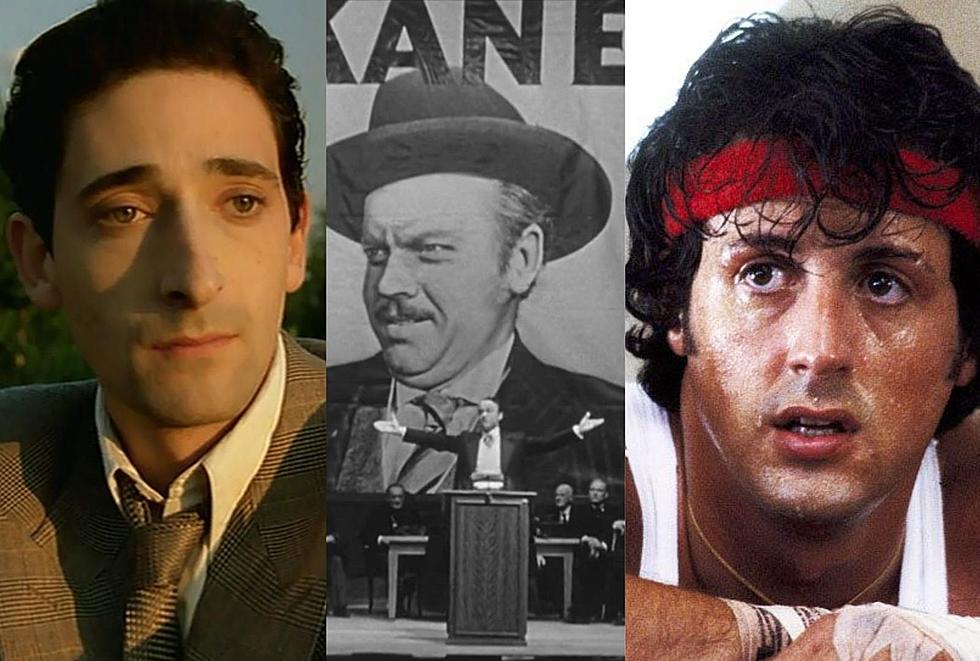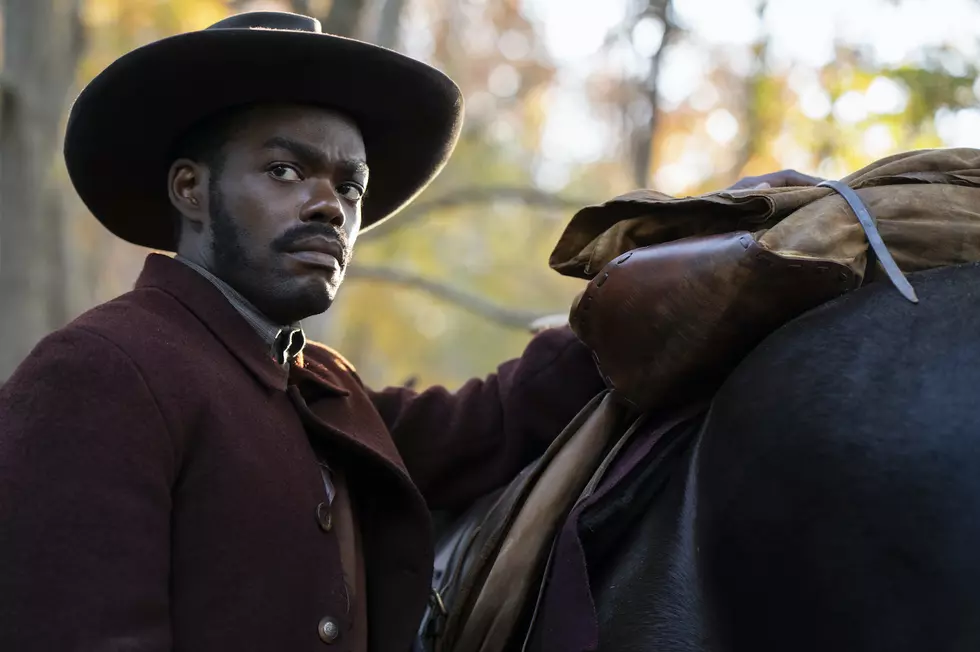
‘Moonlight’ Review: Barry Jenkins’ Stunning Masterpiece Explores Masculinity and Identity
A raw, exquisite portrait of young black masculinity, Barry Jenkins’ Moonlight follows one life through three stages to tell a story of repressed desires and internalized suffering. Across three chapters we watch Chiron, a young South Florida boy, grow into a teen and later into a nearly unrecognizable man, as he seeks to understand the various shades of his identity.
The story begins in Miami with the nine-year-old Chiron (Alex R. Hibbert), nicknamed Little for his small, lanky stature. He’s quiet and untrusting, a boy who hardly says more than a few words at a time. We meet him as Juan (Mahershala Ali), a drug dealer, finds Chiron hiding from a group of boys terrorizing him in a boarded up apartment. Bullied by kids at school and verbally abused by his drug addict mother, Chiron quickly grows fond of Juan and his girlfriend Teresa (Janelle Monáe) as the two become his surrogate parents. They give him a place to stay when his mother kicks him out for her drug binges, and treat him with the patience and generosity absent from the rest of his life. At one point, Juan tells Chiron that he can choose who he wants to become, a journey that is sculpted across the film’s three chapters: "Little," “Chiron” and “Black.”
Jenkins’ second feature, based on Tarell Alvin McCraney’s play In Moonlight Black Boys Look Blue, is a masterful and understated study of what it means to be a man, and what it can mean to be a man attracted to masculinity. In an early scene, the nine-year-old Chiron bluntly asks Juan, “What is a faggot?” Juan carefully describes it as a word used to make gay people feel bad and tells the boy it’s okay to be gay; Chiron asks, “But how do you know?” From a very young age Chiron has an acute awareness of his sexuality whether or not he fully understands it. His awakening comes with Kevin, his only friend and the only other character who takes notice of Chiron and recognizes his worth. The two share a profound intimacy as they intensely glance at each other and feverishly wrestle in the grass. Later, as teens, they share the most sexual experience of Chiron’s young life — a moment Jenkins captures with poignant tenderness and sublime beauty. It might be one of the most gorgeously photographed and emotionally riveting sexual moments between two men in cinema history.
What’s most remarkable about Moonlight is how it explores sexuality and male desire with the utmost subtlety. Jenkins never pities or victimizes Chiron, nor does the film revel in the melodrama of gay suffering. The filmmaker explores the complexities of boyhood and black and queer identity in ways that completely defy and question stereotypes. Jenkins extracts the interior agony and loneliness of otherness from his main character, and expresses it with lyrical visuals throughout the three powerful, restrained performances of Chiron. Jenkins’ camera swivels and hovers across landscapes and characters, loosely weaving together Chiron’s fragmented identities.
Though the film is made up of three vignettes of a single life, each lead male performance feels complete within itself. Hibbert is startling as Little, his watchful eyes stained by a deep sadness, as he stands with his head hung low and looks up as his mother (a phenomenal Naomie Harris) belligerently screams at him. Ashton Sanders takes Little’s pain and internalizes it further as the teenage Chiron, who carries the weight of anger and repressed desire in his shoulders. Lastly we meet the grown-up Chiron, who goes by Black, wears gold front grills, and has buried his pain even deeper beneath a hulking, muscular figure. Ripped and shyly handsome with stylish clothing and a tricked-out car, Black looks nothing like the broken boy from the first two-thirds of the film, but that boy is still living inside him and awakens when he gets a call from Kevin (played as an adult by Andre Holland).
Moonlight is very much an experiential and impressionistic film that, like the reticent young Chiron, doesn’t say or reveal much with words, but conveys miles of raw emotion. It’s a film that aches with beauty. It cries with longing. It quakes with a rich sadness that lingers with you long after the final moments. A masterpiece of poetic filmmaking, Moonlight is one of the most powerful films of the year.
More From ScreenCrush









